
Whether you think there's a lot more you could know about science, or think you know all there is to know about the subject, putting your knowledge to test never hurts. If you're looking for a little science trivia challenge, this is the quiz for you.
You'll be asked a variety of science-related questions, from trivia about the universe and space to questions about Earth and its natural resources. We've also included a few questions about the history of science, and the people who have made the most significant contributions to the field. If you think you can still recall the basics of various branches of science, take our quiz to test your science knowledge!
In this tricky science quiz, you can expect a few easy questions and many more that will make you second-guess yourself. If you would like to find out if you really know a lot about science or not, then go ahead and take this quiz. Do you have what it takes to pass this quiz with flying colors?
Enjoy Quizly? Upgrade to Premium for an ad-free experience and exclusive features.
Get PremiumIt's OK If You Don't Know Much About Science — Take This Quiz to Learn Something New Questions
What pigment gives plants their green color?

Photosynthesis
Chloroplast
Chlorophyll
Mitochondria
Which group of elements is on the far right hand side of the periodic table?
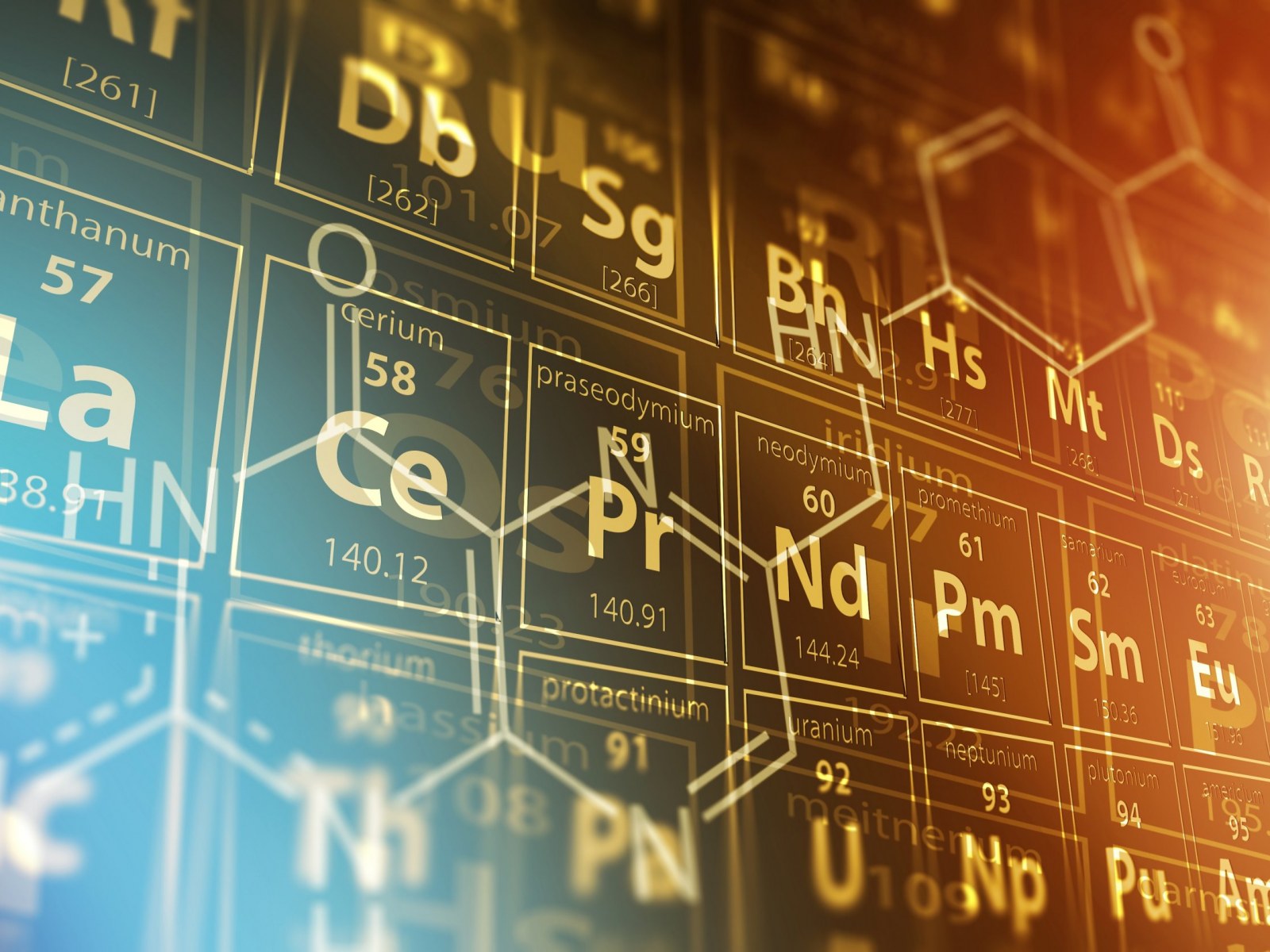
Halogens
Transition metals
Alkali metals
Noble gases
Igneous, sedimentary and metamorphic are forms of what?

Star
Lizard
Rock
Bird
True or false: Ponies are not just baby horses.

False
True
The hardest mineral on earth is ...
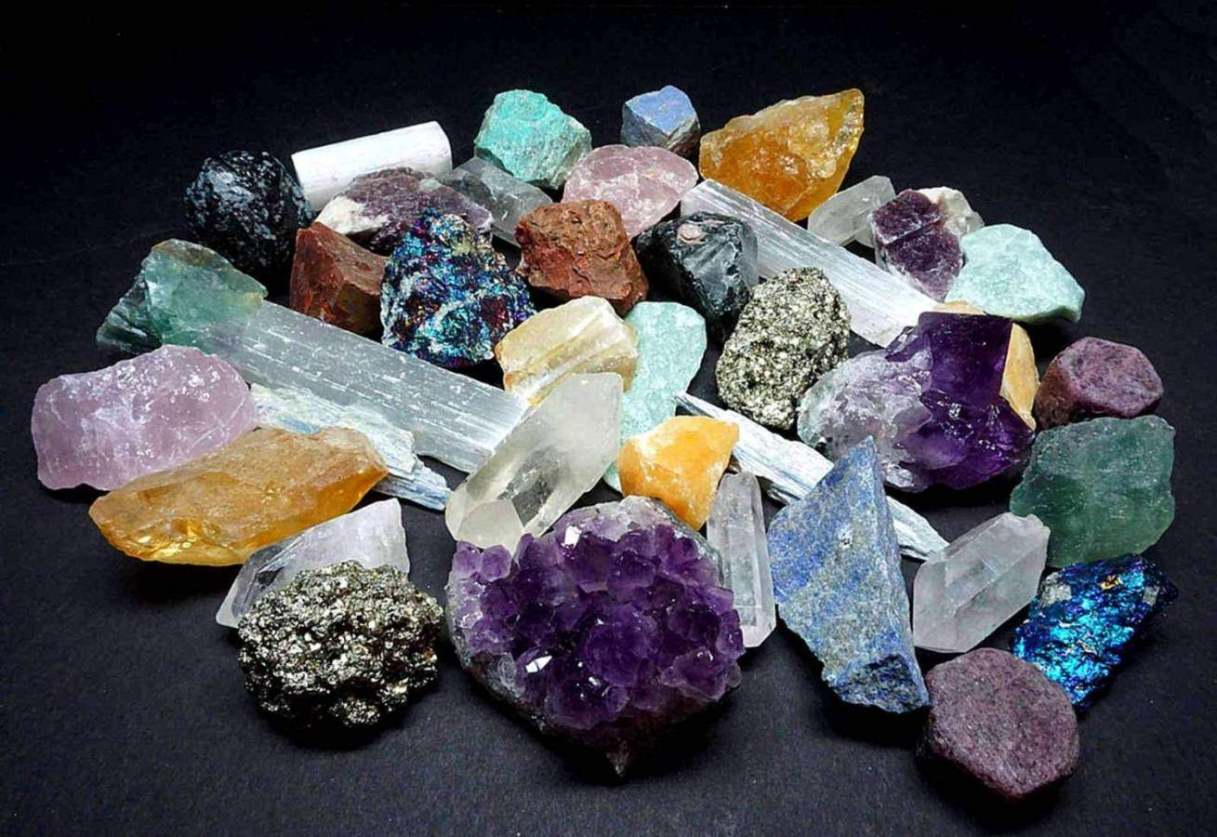
Iron
Silver
Diamond
Titanium
"Passerines" make up about two-thirds of what kind of animal?

Birds
Reptiles
Cattle
Sharks
True or false: Polar bears have white skin.

True
False
The Earth is divided into four layers. What's the top layer?
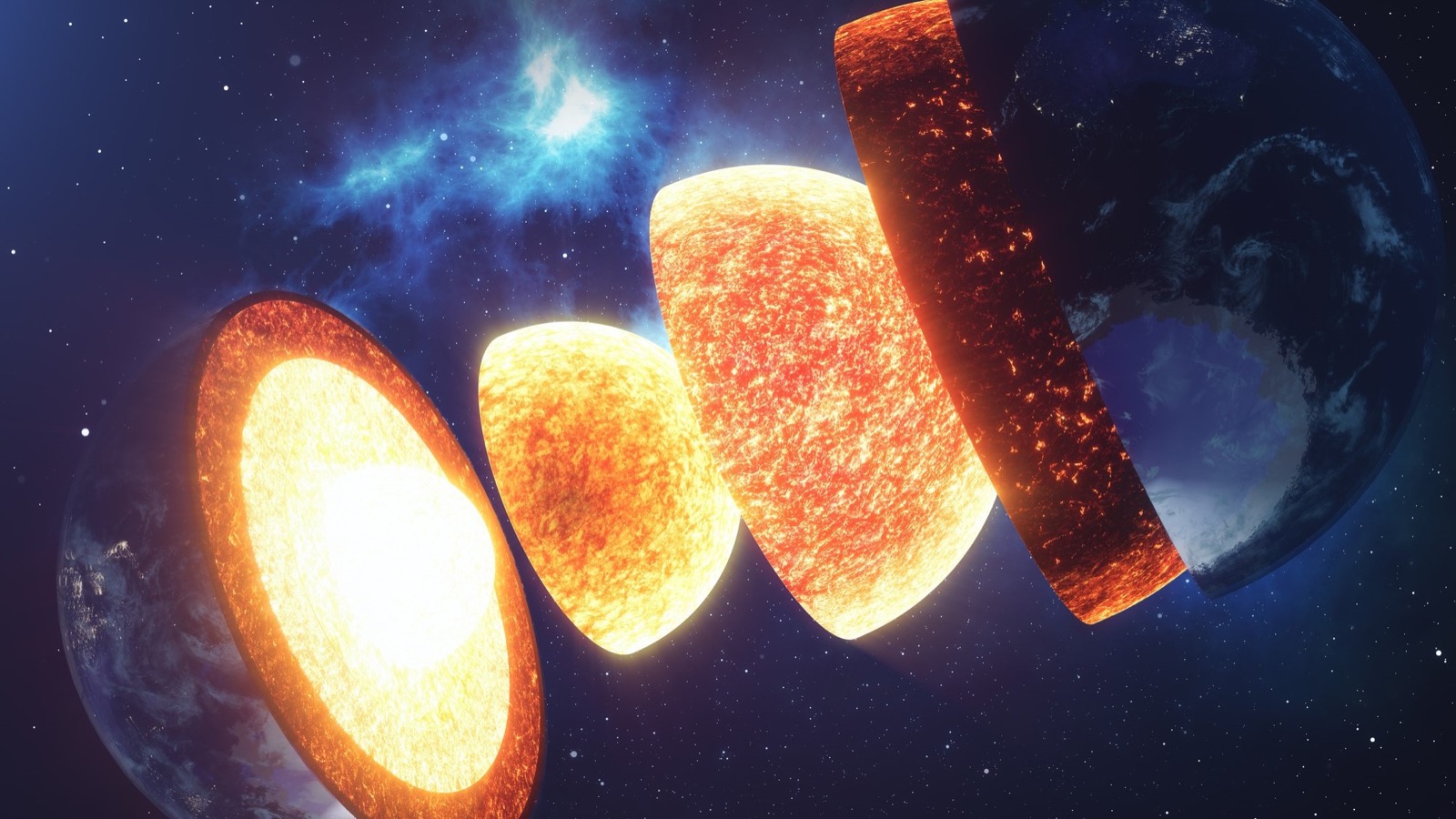
Crust
Inner core
Mantle
Outer core
What is the internet?

A global system of connected computers
A browser that allows you to search anything
The World Wide Web
A gigantic database of information
Which of these is considered a decapod?
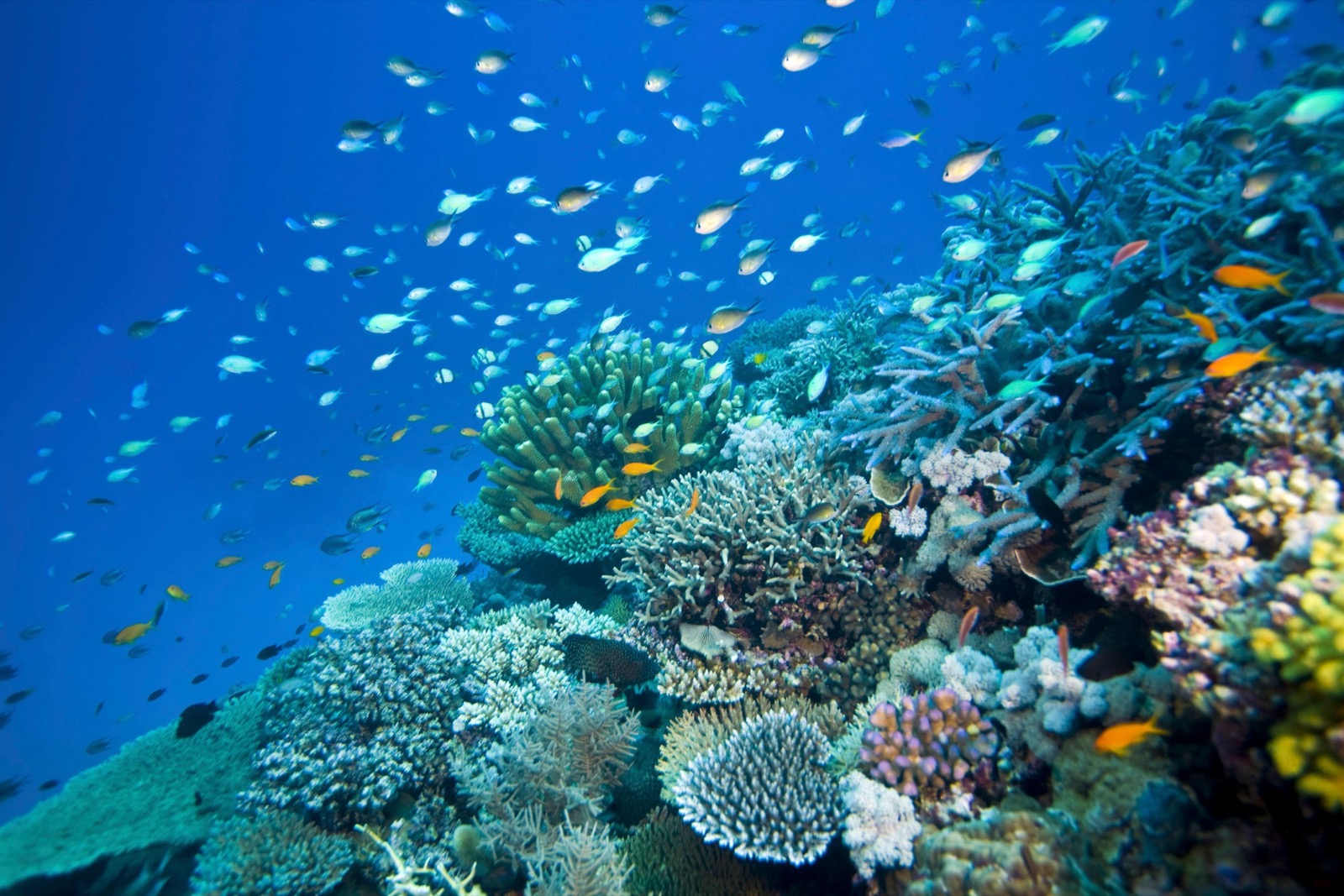
Octopus
Crab
Mussel
Giant isopod
In our galaxy, which star is closest to the Sun?

Electra
Proxima Centauri
Tania Australis
Gorgonea Tertia
How many different systems are in the human body?
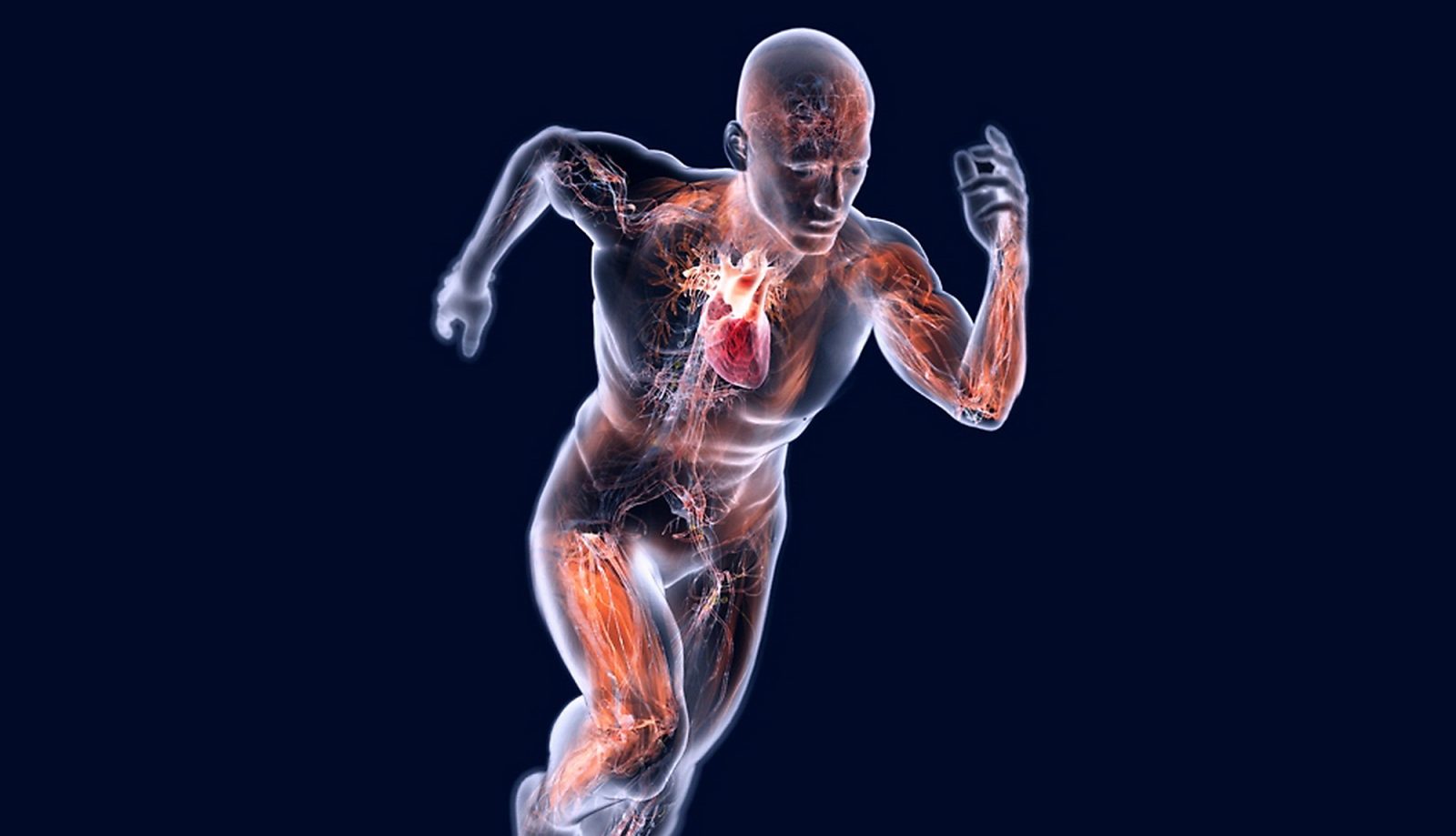
8
9
11
10
Which is not a function of insect antennae?

Taste
Hear
Reproduce
Smell
Which statement about falcons is true?
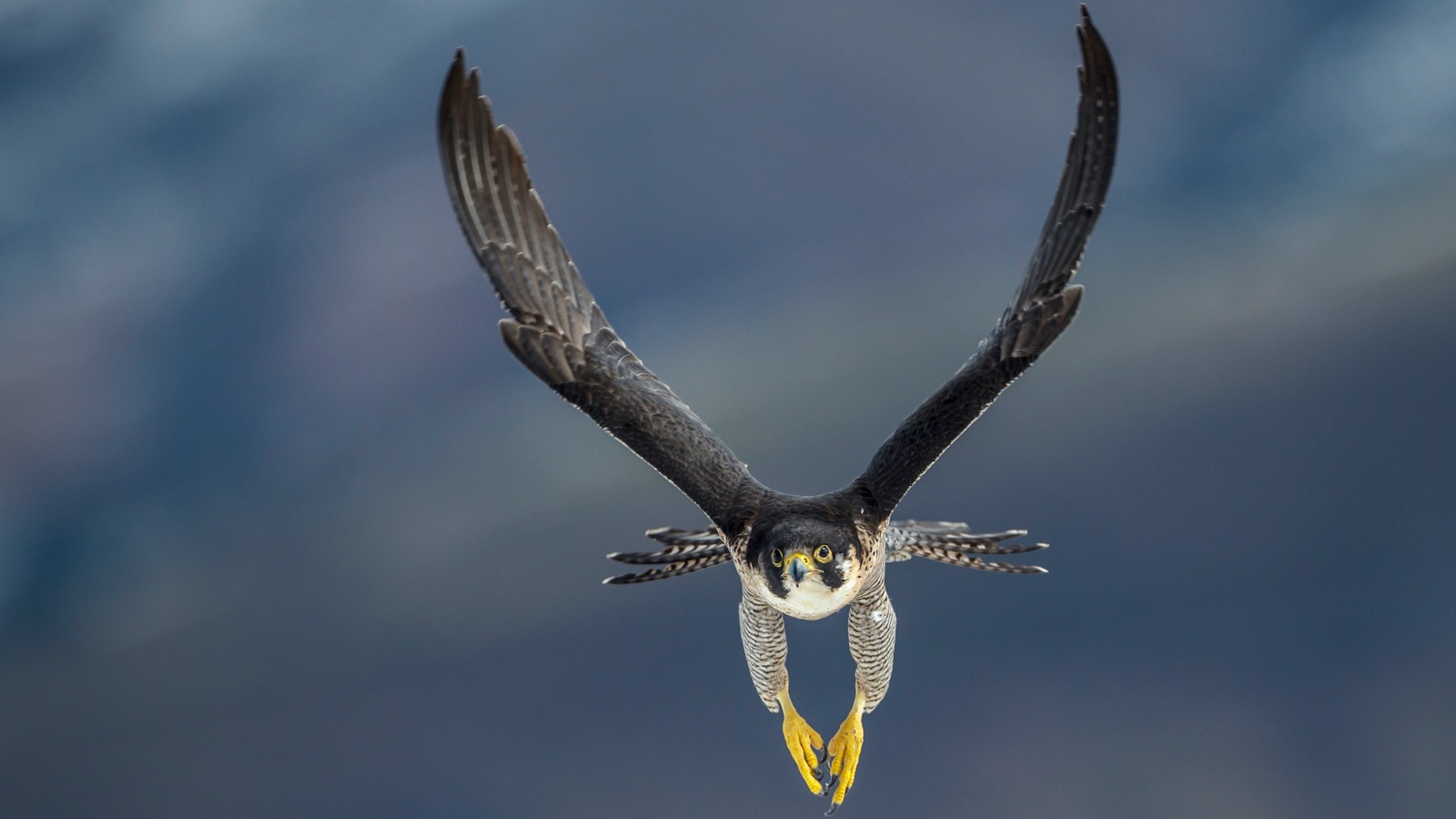
Falcons' flying range is usually about 10 miles.
Some falcons can dive at speeds up to 500 mph.
Falcon wings taper to allow them to fly at high speeds
Falcons rely on sound more than sight.
Which of these animals jumps the highest relative to its own size?

Tree frog
Flea
Red kangaroo
Grasshopper
Who discovered the subatomic particle proton?
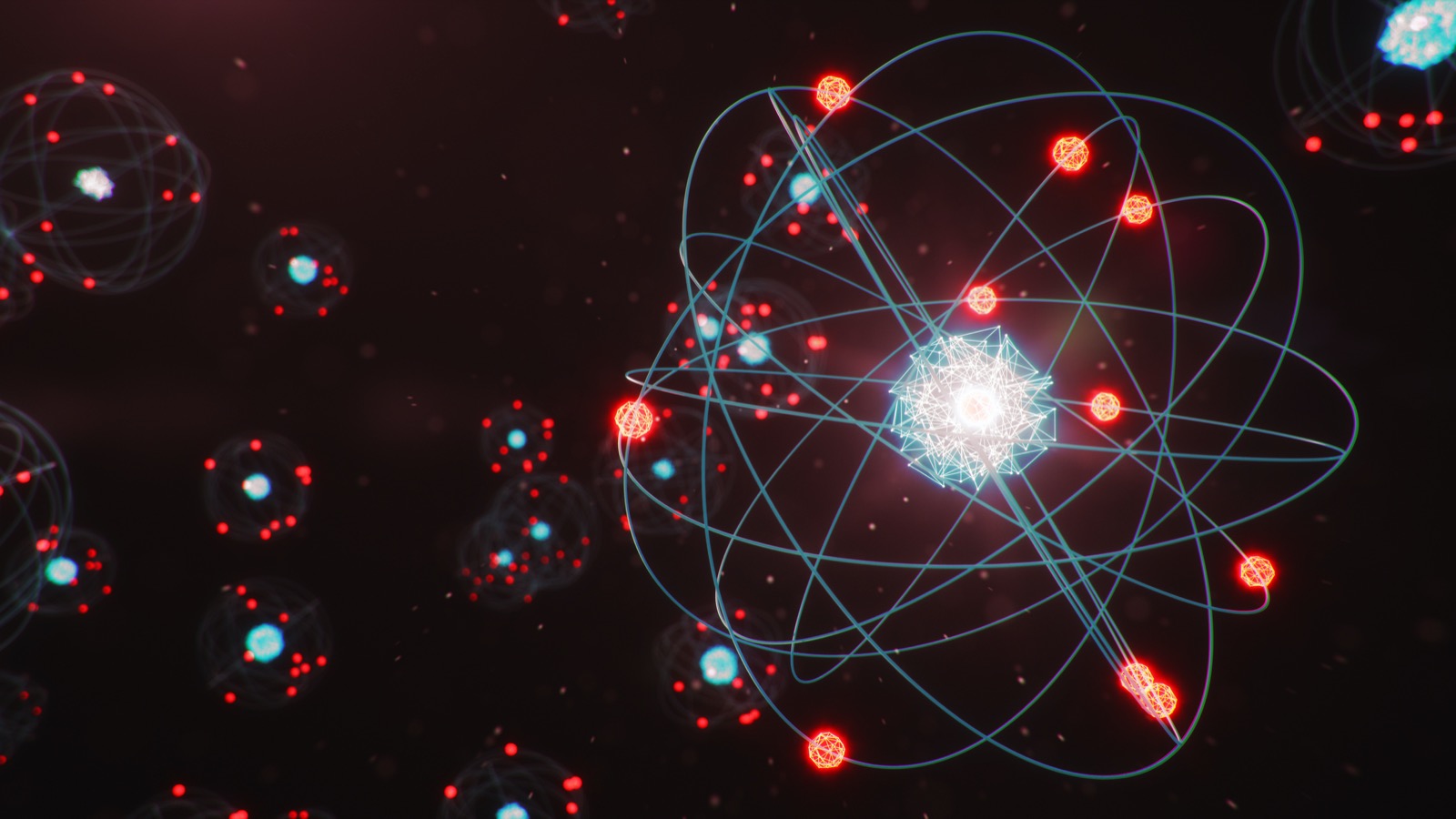
Ernest Rutherford
Dmitri Mendeleev
Albert Einstein
Michael Faraday
How many elements are on the periodic table?
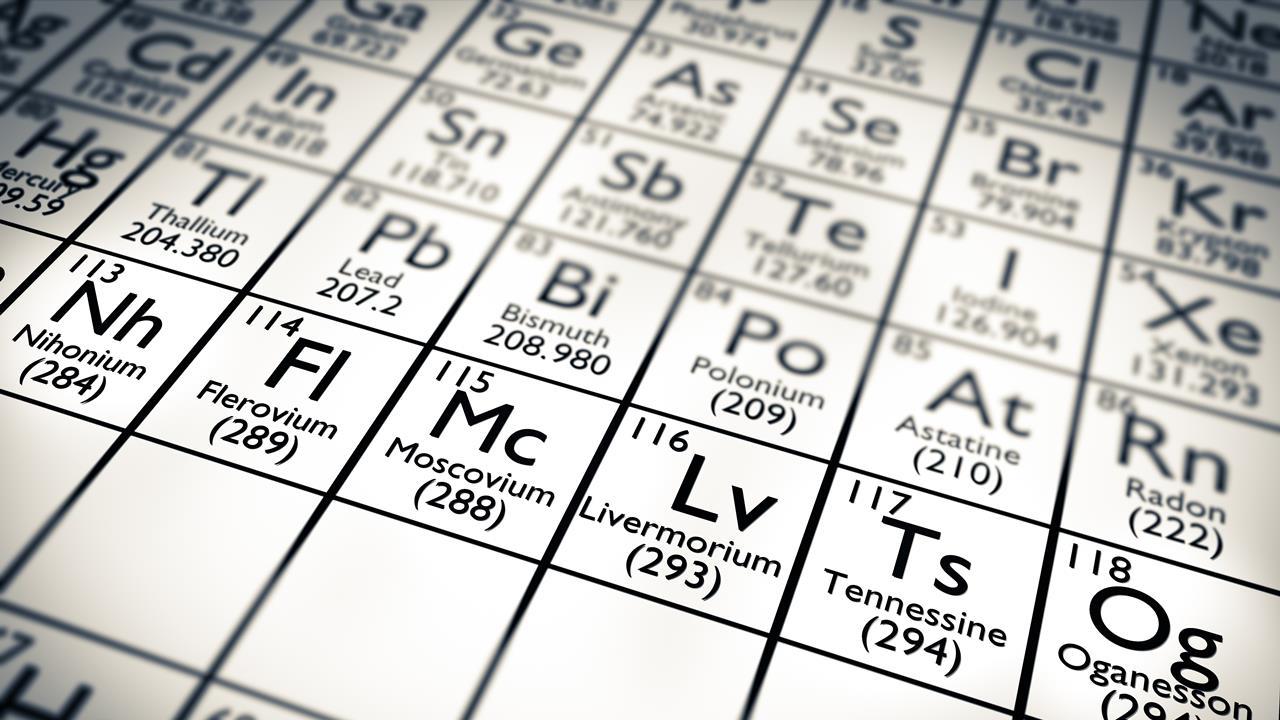
153
100
57
118
The nucleus of an atom is made out of:
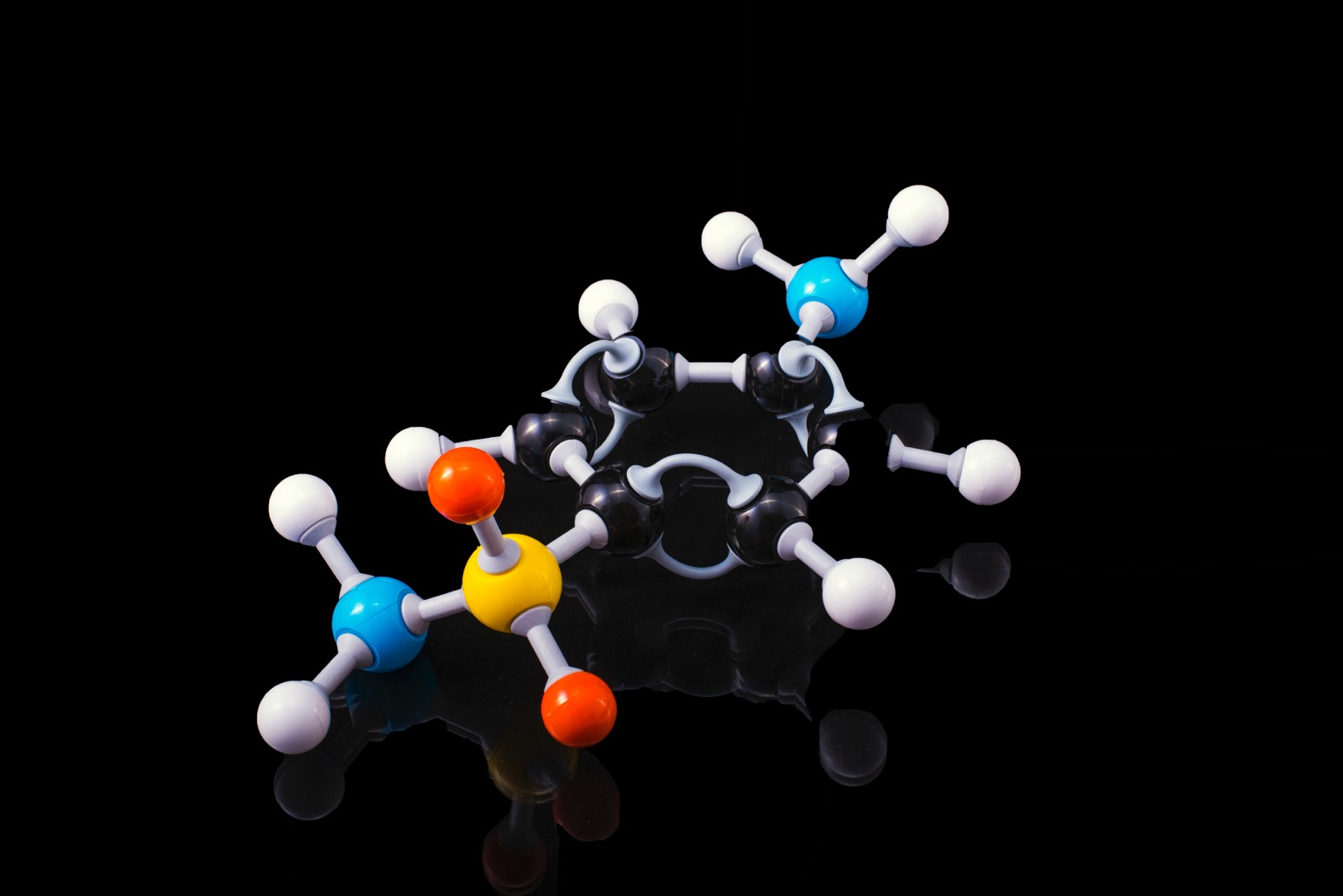
Protons and electrons
Neutrons only
Protons only
Protons and neutrons
What is the name of the instrument used to measure atmospheric pressure?
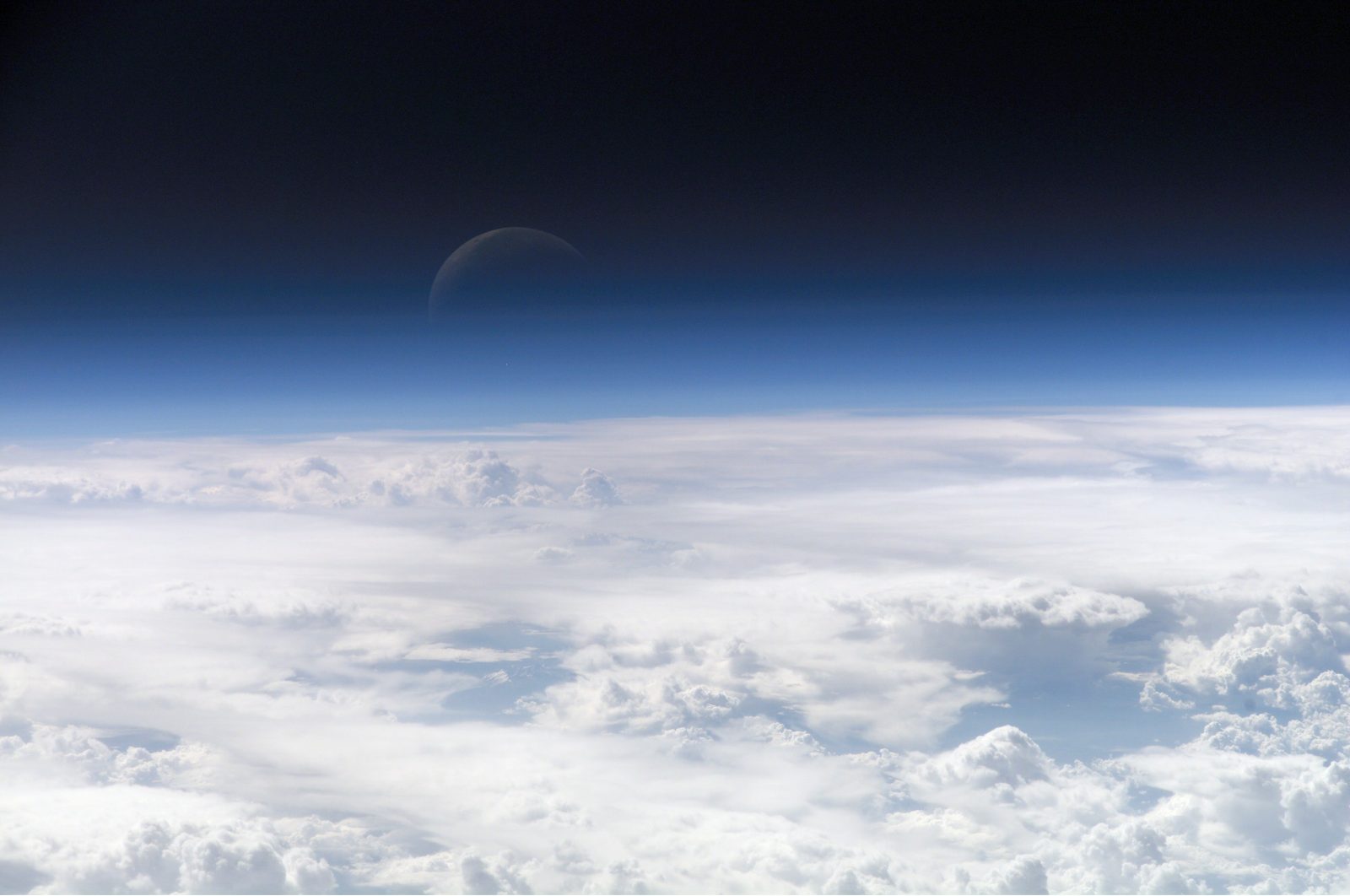
Electroscope
Cyclotron
Barometer
Galvanometer
Which is the largest muscle in your body?
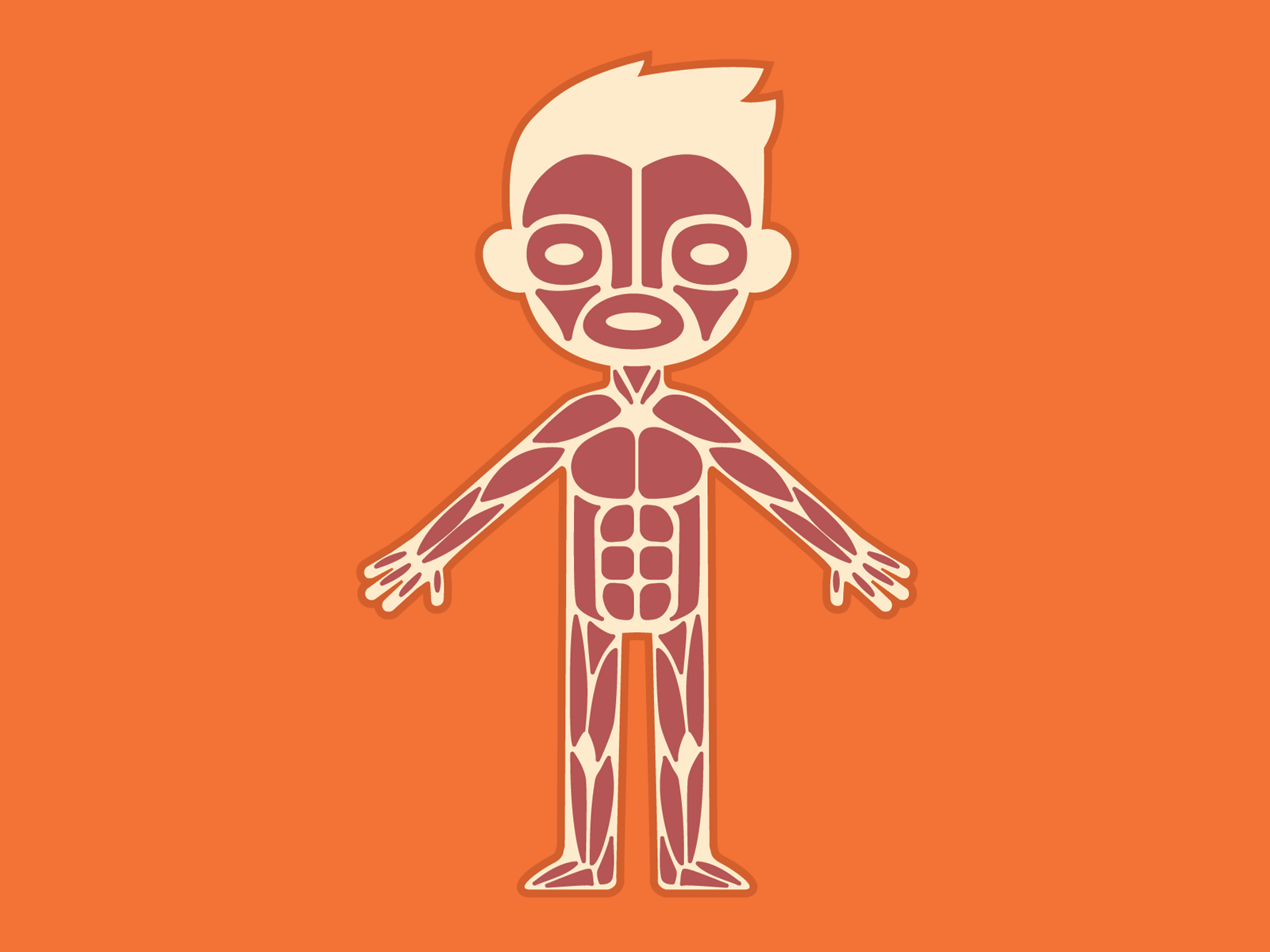
Your eyelid muscles, or orbicularis oculi
Your jaw muscle, or masseter
Your tongue, or hyoglossus
Your butt muscle, or gluteus maximus
True or false: Elephants can't jump.
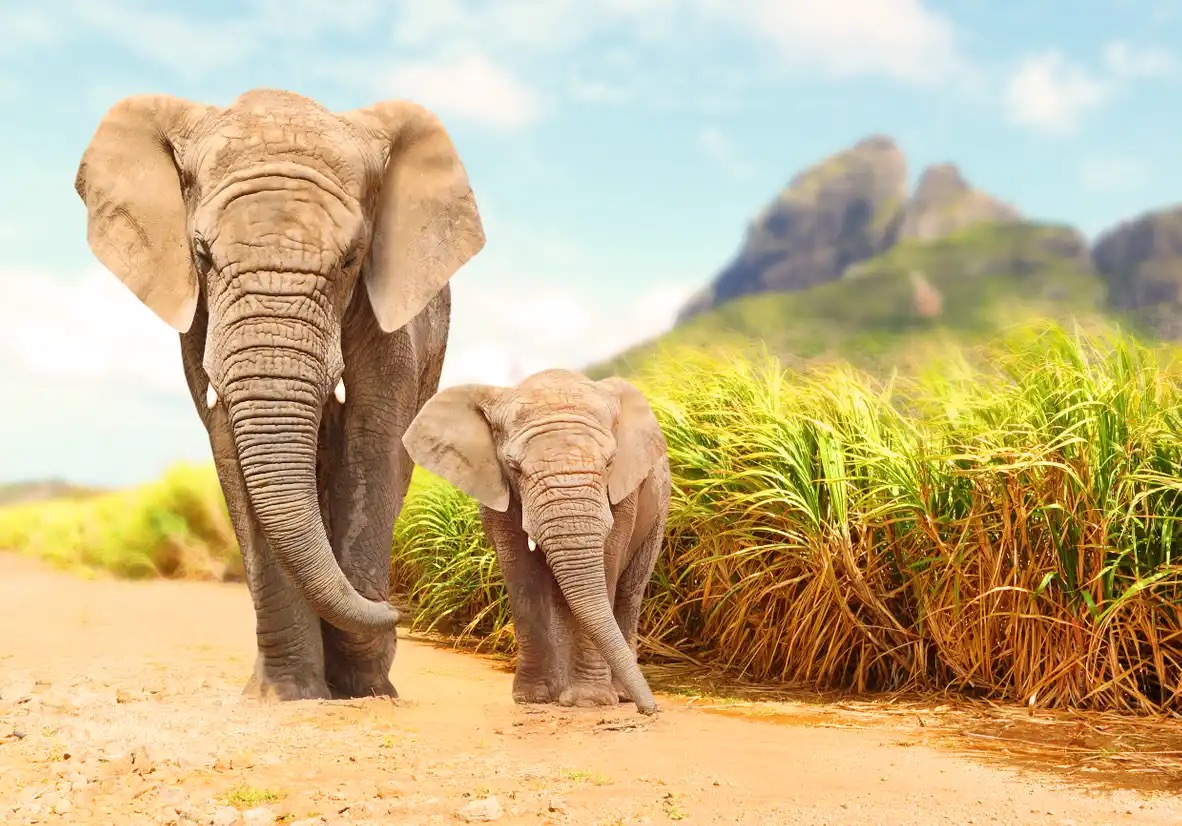
True
False
What is magma called when it breaks through the Earth's surface?
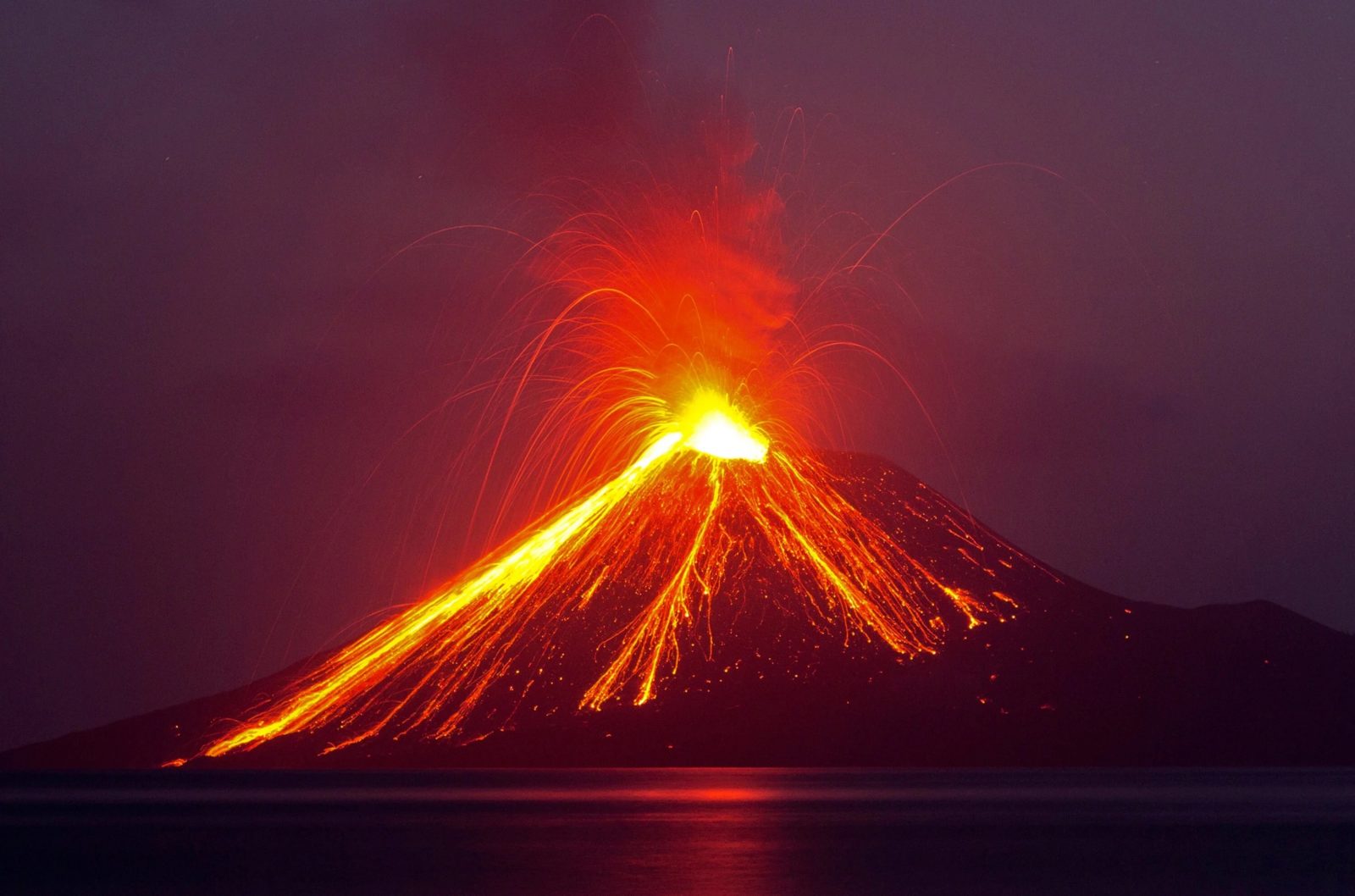
Hematite
Stalactites
Lava
Quicksand
There are more than 30,000 recognized species of fish on Earth. What organ do fish use to breathe?
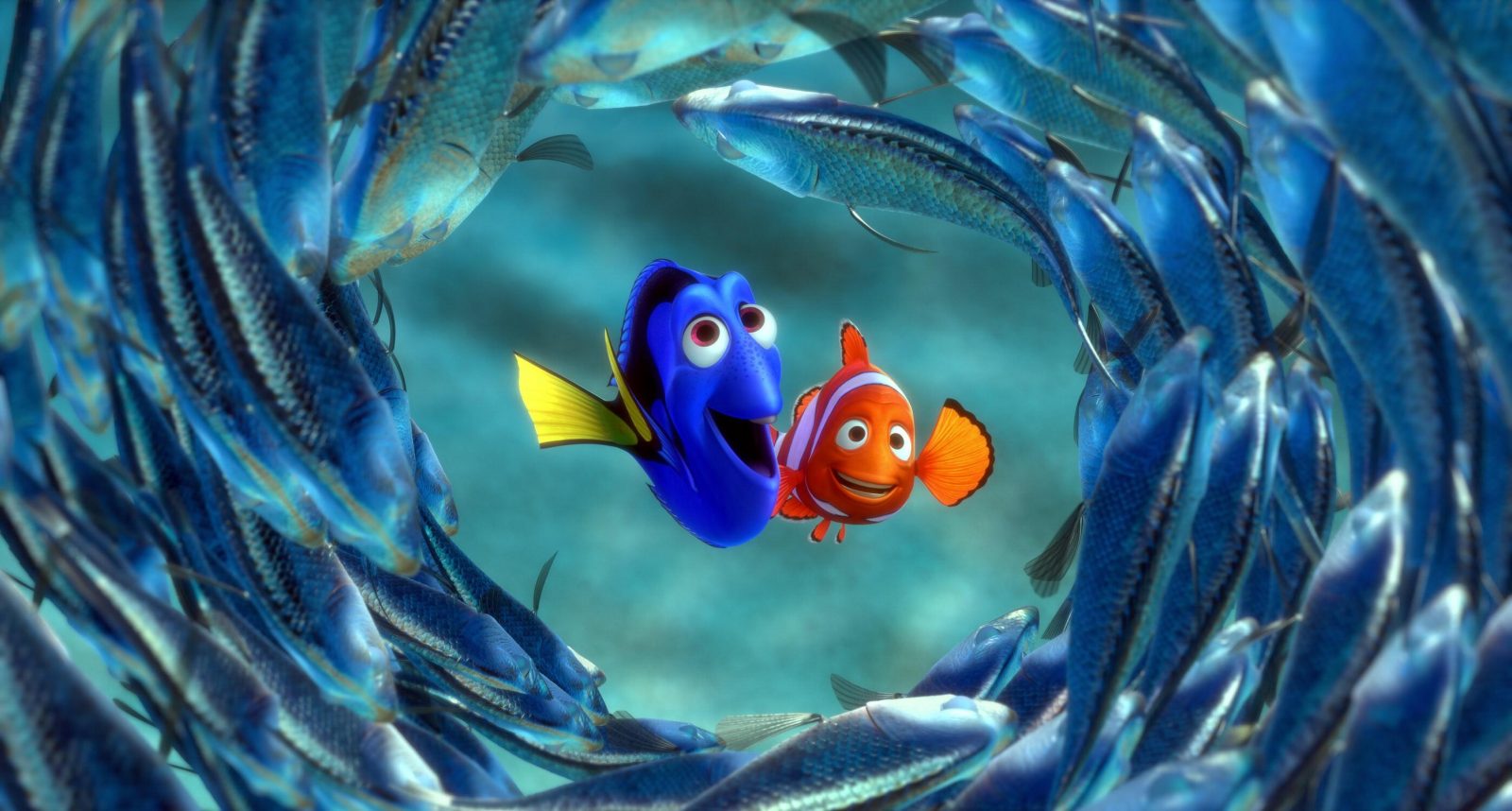
Ears
Lungs
Fins
Gills
What is the chemical symbol for Europium?

Og
Er
Eu
K


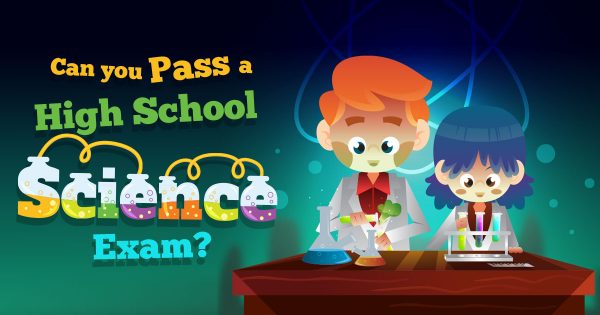


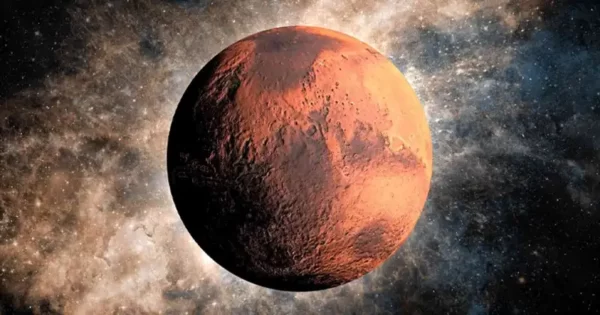

3 Comments
????? whattttttttt
24/24 greatness!!!
20/24